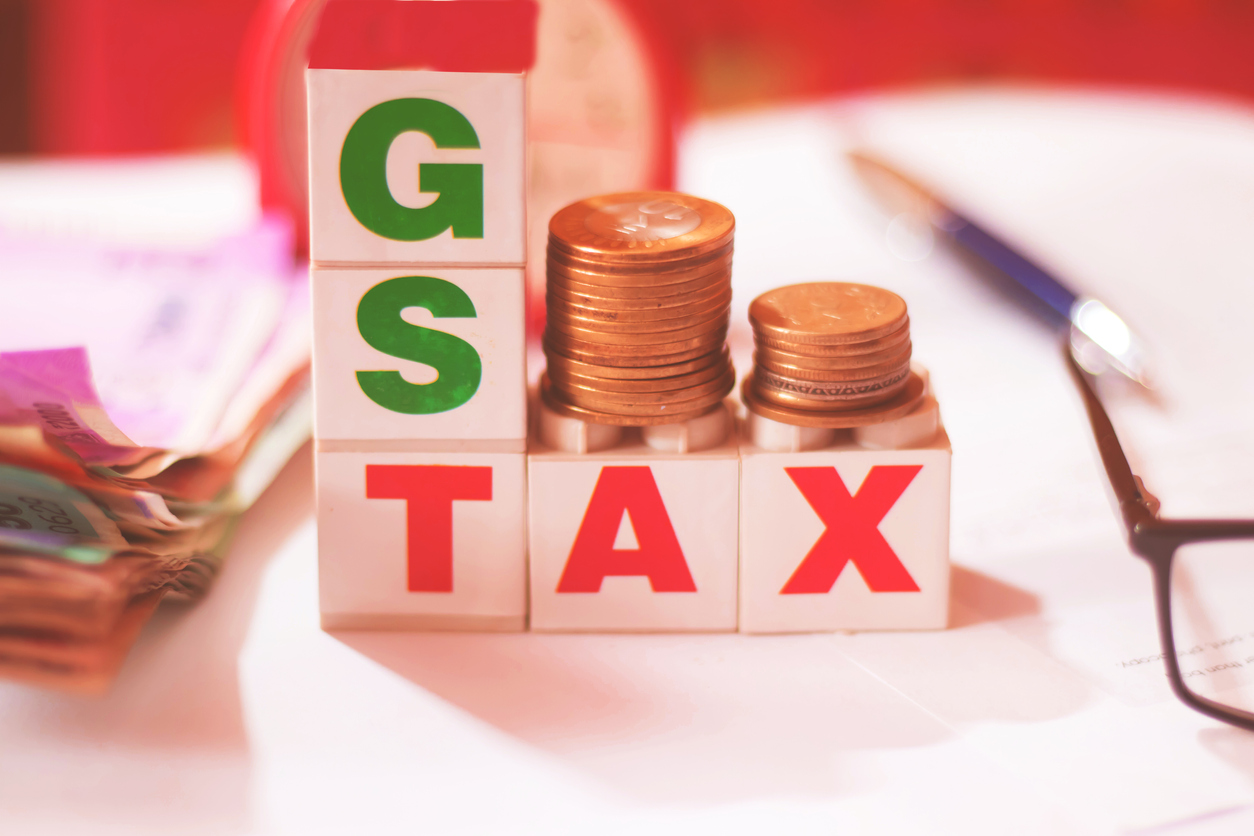
July 3, 2024
Since its implementation, the GST taxpayer base has grown from 1.05 crore in April 2018 to 1.46 crore in April 2024, reflecting improved compliance
Essential items, previously taxed at 2.5%-4%, are now tax-free under GST
GST has eased the compliance burden for small taxpayers by waiving the annual return filing requirement
GST implementation has fostered positive sentiment within the industry, contributing to continued buoyancy in collections

According to the Finance Ministry, GST, which has been in operation for seven years since its implementation, has made household items cheaper, improved business tax compliance, and widened the tax base. Celebrating this milestone, the finance ministry highlighted on social media platform X that reduced household goods and mobile phone tax rates have brought financial relief to households.
The GST taxpayer base has increased significantly, from 1.05 crore in April 2018 to 1.46 crore in April 2024. This growth indicates better compliance, as the Chairman of the Central Board of Indirect Taxes and Customs, Sanjay Kumar Agarwal, noted. Implemented on July 1, 2017, GST replaced 17 local taxes.
The finance ministry provided examples of the impact, stating that essential food items like unpacked wheat, rice, curd, and lassi are now tax-free under GST. Mass-consumption items such as cosmetics, wristwatches, furniture, and mattresses are taxed at lower rates. Electrical appliances, which previously attracted a 31.3% tax rate, now fall under the 18% GST slab.
GST has also reduced the compliance burden for small taxpayers by waiving the annual return filing requirement for those with an annual turnover of up to INR 2 crore in fiscal 2023-24. Experts believe that future reforms, including rationalising GST rates and removing input tax credit restrictions, will enhance the GST system further.
As the GST marks its seventh anniversary, the positive sentiment within the industry and the buoyant GST collections set the stage for forward-thinking reforms, aiming to introduce GST 2.0.
Source: Economic Times